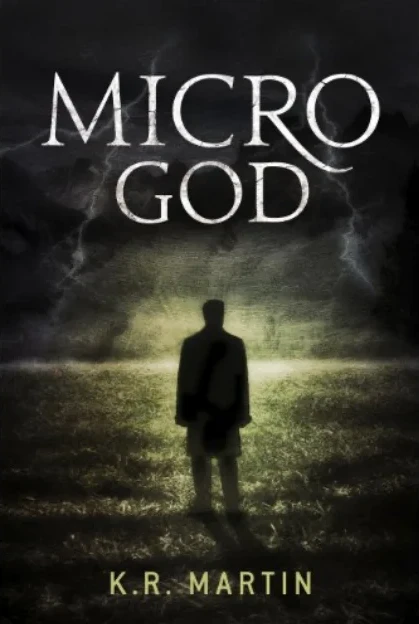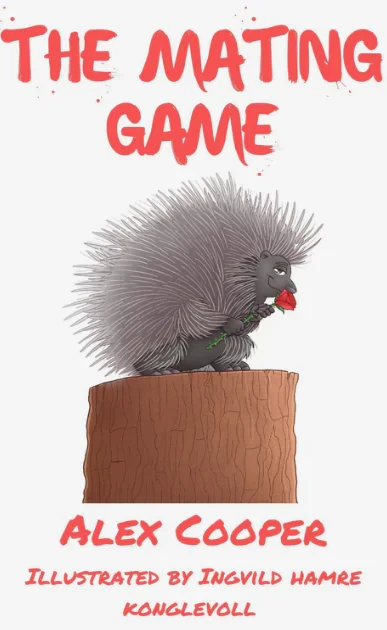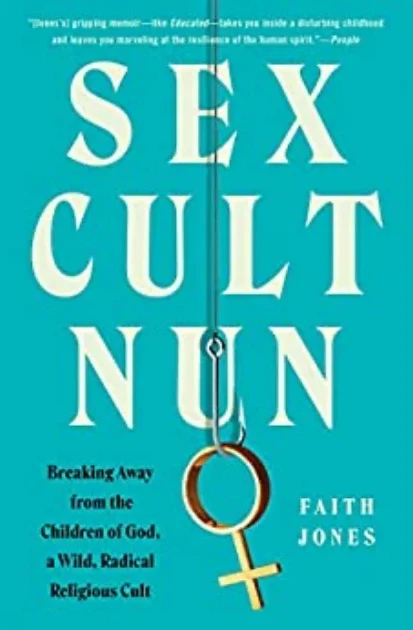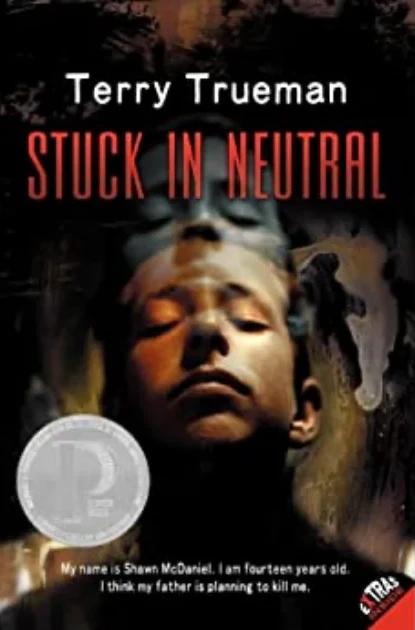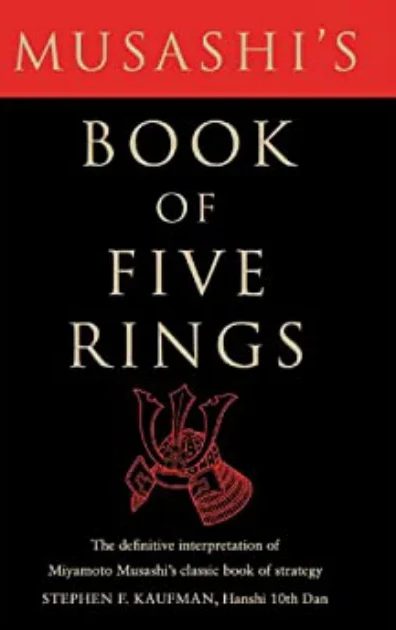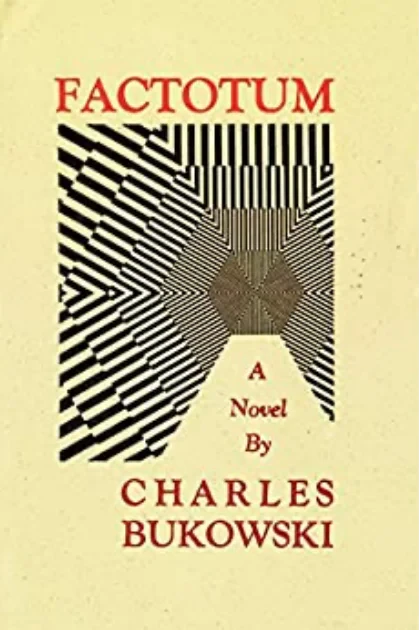Contains Spoilers: Read the book first.
As a harsh critic of genre fiction and even harsher critic of the genre writers, I found many of my criticisms validated by the novella, Micro God by K.R. Martin. Martin is a book critic on YouTube whose review of an indie author’s book, first caught my attention. This thorough, funny review sent me searching Amazon for the indie author and to learn if Martin published books. The discovery of Martin’s novella Micro God should have induced joyous reading but instead caused lament for western civilization’s death heralded by pervasive illiteracy. No, Micro God was not the cause of my dismay, but rather the complete lack of understanding of the book by readers.
The Video that Led me to Micro God
Summarizing Micro God ruins the reading experience because the novel’s satirical view of amateur genre fiction writers is best left to the reader’s discovery, or so I thought until the reviewers revealed the need for spoilers. Filled with every mistake possible by a fiction writer reveals Micro God, an uncomplicated parody of the hero’s journey through Detroit’s mean, crime-infested streets. Many hyperbolic idioms and endless redundancies intended to show terrible fiction writing also seems to slap the reader’s face with satire.
“Are you kidding?!” Clarence shouted. “They would have killed me!” “Better to die on one’s feet than live on one’s knees.” Clarence was in huge trouble. (Micro God p. 35. Kindle Edition)
Unsatisfied by the abundant use of adjectives and idiomatic motifs, Martin employs obvious allusions, movie references, and derivative character elements to illustrate the book’s theme. Going as far as to name the main characters “Clarke,” “Chloe,” and “Clarence,” Martin hammers satire, invoking many action movie stereotypes, overused archetypes, and dialogue masquerading as meaningful.
“You know, you don’t have to be so hard on him,” Hall said. “He looked like he thought you were going to kill him.”
“Some people need to be pushed like that in order to have any motivation or drive. I just said what he had to hear and did what was necessary.”
“You catch more bees with honey than vinegar,” Hall said, picking up a new clipboard from the tray behind her. “What do you do with the people who don’t give in the way Clarence does?”
Clarke paused for a moment before answering. “Some people aren’t worth saving. I just weed out the weak and parasitic while trying to preserve the potentially useful.”
“Everyone’s worth saving,” Hall said adamantly. (Micro God pp. 37–38. Kindle Edition)
Despite providing a good laugh, the humorous novella didn’t seem to warrant further discussion, but I was wrong because Micro God formed a story far too complex for the average genre reader. Once again, the genre fiction writers and readers compelled me to discuss them by leaving reviews void of understanding the book. Voltaire turned in his grave as I read the good reviews that had nothing to do with satire or social commentary but instead talked about Micro God as a serious fantasy novel. One reviewer claimed the protagonist to be a “sympathetic character” and claimed the writing “tight” with “good pacing.”
Clarke, the protagonist, is not sympathetic; he is a superhero caricature, and worse yet, the writing is awkward and the pacing terrible because it is supposed to be. Even the bad reviews are bad reviews, missing the mark with people claiming the book “poorly written” and “not exemplary of Martin’s literature critiquing knowledge.” From his grave, Harold Bloom screams,
“It’s satire, fool!”
How these reviewers felt competent and justified reviewing a book they didn’t understand defies logic. Worse yet, many of these individuals are amateur genre fiction writers discerned easily from their nonsensical talk of pacing, plot, and other literary elements escaping their comprehension. This problem should not have surprised me since people who only read genre fiction or nothing often believe they can write a novel after watching Harry Potter and Stephen King movies.
Perhaps most disturbing to me is the genre fiction writer’s oblivious nature highlighted in Martin’s video above. The book’s author claims Martin is “a kid immersed in fourth-rate media” when he should have seen the attacks on his book as signs of writing issues. While authors go overlooked or ignored and prove critics wrong, believing this to be true without rigorously examining criticism begs for poor writing. The inability to accept criticism has long plagued literature, but the internet echo chamber promulgates the problem into a literary crisis where reviews become suspect. Independent and published authors form networks of fans and friends to provide desired reviews, making improvement impossible. Highlighting this crisis makes Micro God a true success for showing the tragedy of believing one’s fiction. (A delusion Martin clearly identifies in the video of the reviewed author, applicable to Micro God’s reviewers.)
A comedic and entertaining read for those who enjoy satire and have a strong interest in writing, Micro God also provides aspiring fiction writers a humorous way to learn how not to write. Sadly, their comprehension of Micro God remains unlikely, but kudos to Martin for delivering a funny and educational book in the shadow of the coming dark age.
